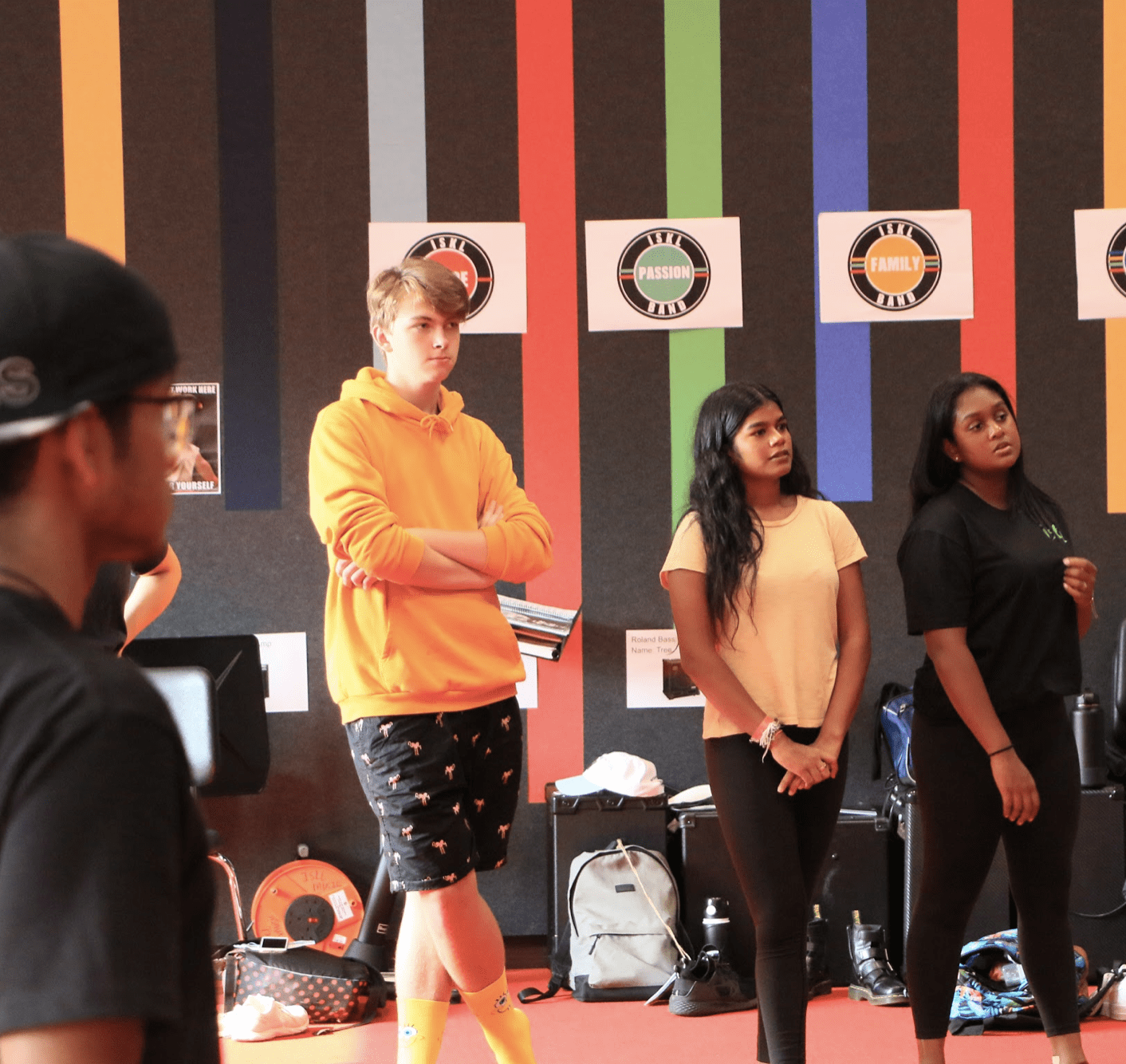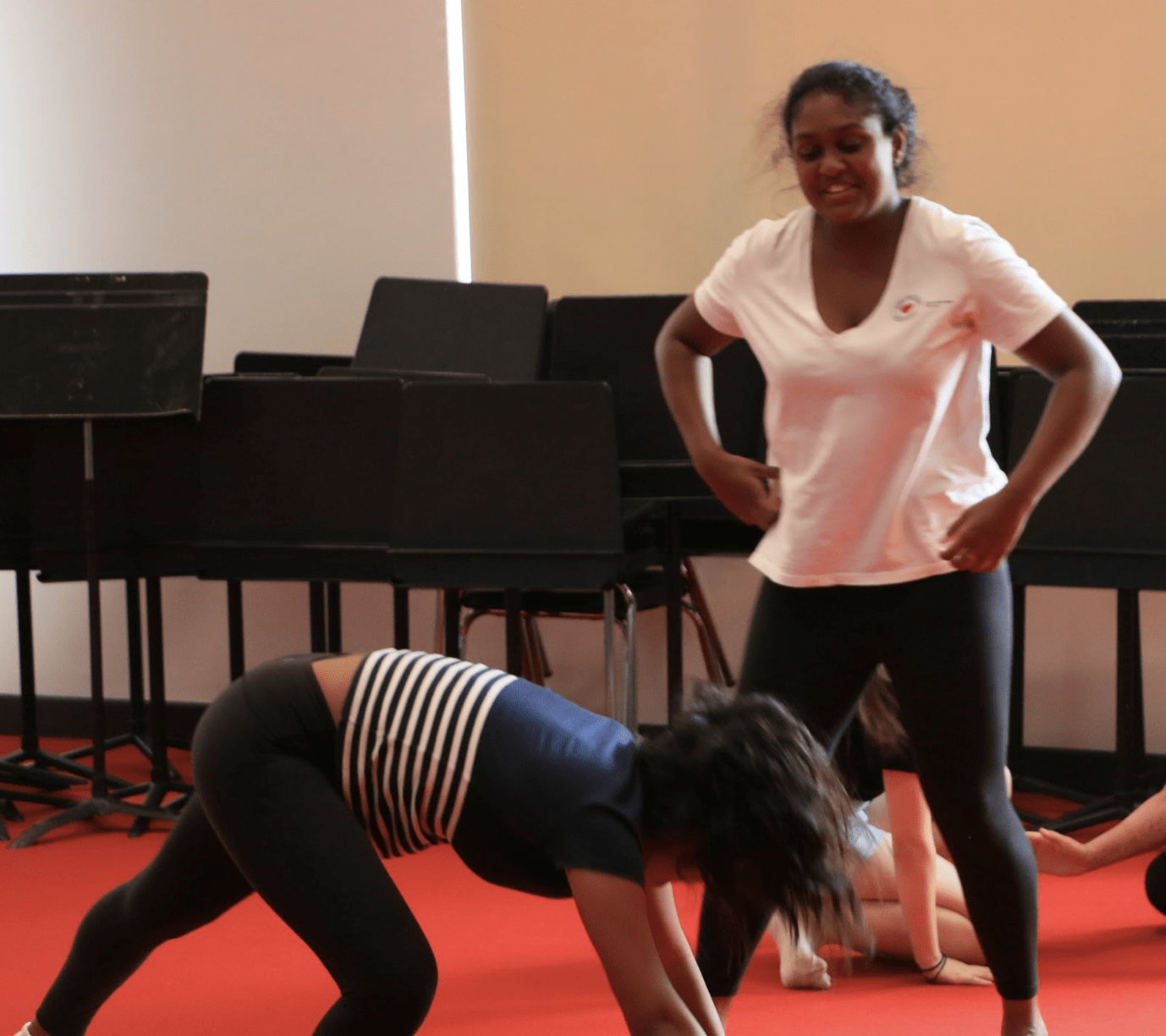
ISTA Taps 2019: Kuala Lumpur
ISTA Taps was an unforgettable experience as it served as an elevated platform in which I could present and showcase my existing techniques, skills and knowledge in theatre, while exploring the other intricacies of the subject. The three days were filled with enriching learning experiences and fun – filled activities, that helped us to discover different angels of theatre, and personally, opened my eyes to a plethora of approaches to the subject and helped to engrain theatre conventions and styles into my practical work. However, I must admit, I had two distinct insecurities regarding ISTA. The first centered on inexperience because I was only two months into the IB theatre program, I would find it difficult to comprehend the contextual understanding and theory worked discussed during my ensemble, as I had only learnt of five directors and their respective visions. The second reason was more subliminal as I was worried that I didn’t encompass a wide array of skills, unlike some of the other students in my ensemble, thus struggle to bring new ideas into the group.
The full group of ISTA participants were divided into smaller groups, ensembles, which explored different aspects and conventions of theatre across the spectrum. Therefore, I was excited to regroup with my fellow peers, so that I could get a recap of what they learnt in their respective classes.

Full Ensemble Day 1 Photo Credits; Mr. Lakshitha
My ensemble was led by Darren Scully, who primary focus was to harvest the physicality of theatre within us and helps us utilize our bodies to create both elements of realism and postmodernist abstract pieces. Through our study of practicals, I found not only where my interest in theatre originates from but also gave me valuable insight on how one simplistic movement, can impact the entire performance. This was especially true when heightening the emotion, tension and atmosphere within our pieces to create meaning. What I loved most about our ensemble was that, perhaps unintentionally, Darren gave us tasks that were geared towards improving each of these sections, respectively, which helped polish my skills overall. For example, we were asked to create a movement piece after being taught isolated steps. We were also encouraged to divert from the basic movements and personalize them by varying pace or style etc. I felt that this task helped me understand how by simply changing a movement from the original style of fluidity to a more staccato rhythm, the very emotion which it initially connoted, would fundamentally change. This helped further my understanding between the complex and intricate dynamic between emotion and meaning.

Day 2: Disara and I learning isolated movements for our piece Photo Credits; Mr. Lakshitha
Similarly, in terms of transforming a realistic piece into a more abstract and theatrical style, I realized how crucial special awareness, gestures and pace, in terms of building tension and atmosphere. An instance in which this was explored was when we were divided into groups and asked to direct and act in a scripted scene. We showcased our newly learnt skills when choosing one person to read the monologue and the remaining members attempts to ‘mold’ and ‘shape’ her, complementing not only what was being sad by the tone used in the narrative. For example, if the theme of sadness was temporarily moved to the limelight, then the physicality and form of our bodies would be hunched and ‘lesser’, regarding stage presence.

Day 1; Full group Photo Credits: Mr. Lakshitha
Additionally, our ensemble also explored different approaches to theatre through the use of a lighting and X Masterclass. These classes impacted me in vastly difference ways, despite the fact that, strangely, the values I observed felt the same. I have always been interested in the technicality of theatre as I am still mesmerized by how the slightest change in tone or hue would fundamentally impact the way in which the audience gauge the emotion, tension atmosphere and by extension, comprehend the meaning embedded within the performance. Although I was tentative at first at the idea of selecting and managing different lighting cues as I wasn’t exposed to this segment within the spectrum of theatre, I delved deep into this task, prepared to harvest my skills as much as possible to transfer back to theatre at OSC. The values that were instilled within me not only resonated with me but empowered me to be resilient and to always take risks when exploring undiscovered approaches to theatre. Thus, armed with new knowledge and educational experiences, I was ready to go back to the black box to share my newly learnt perspective on the subject.